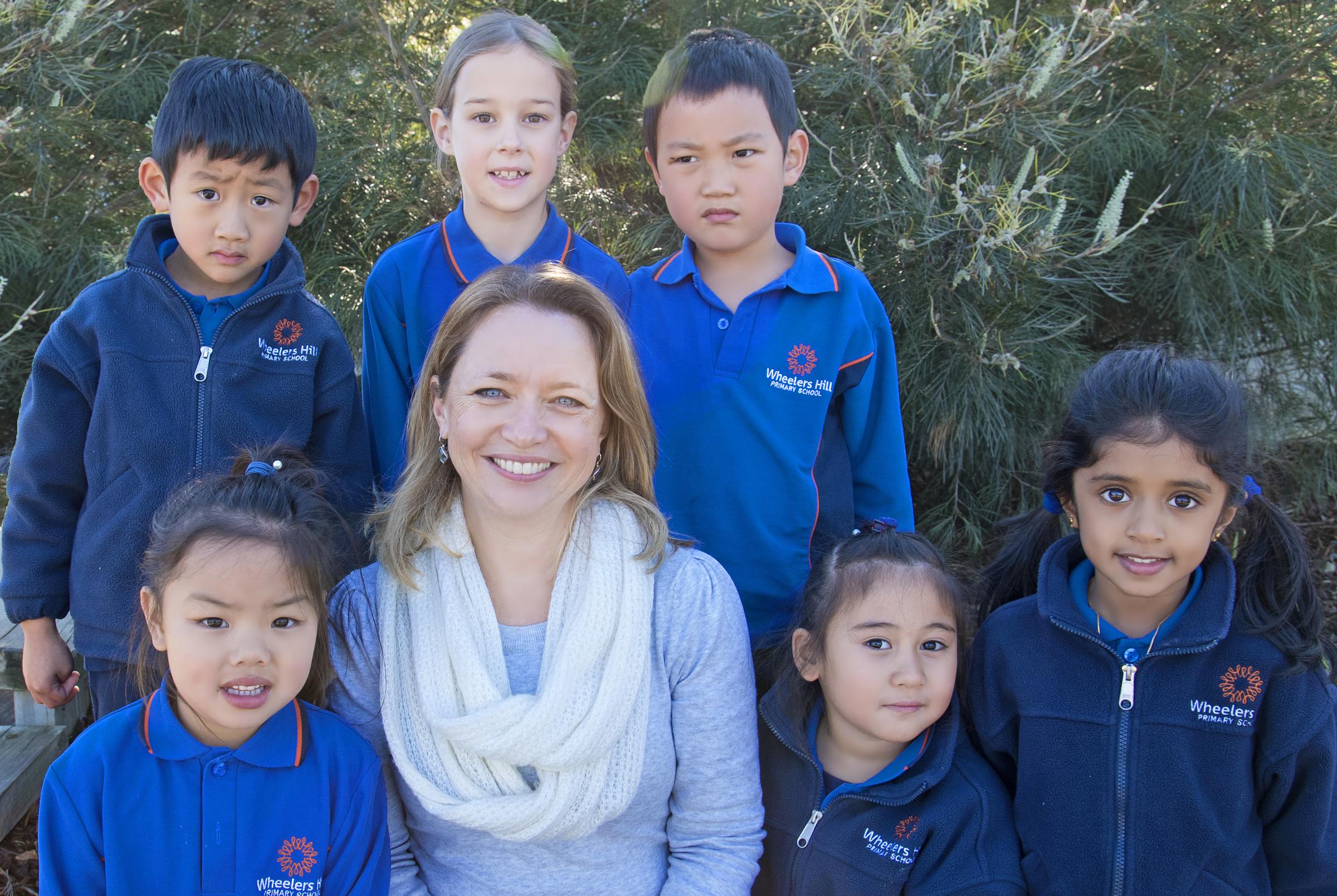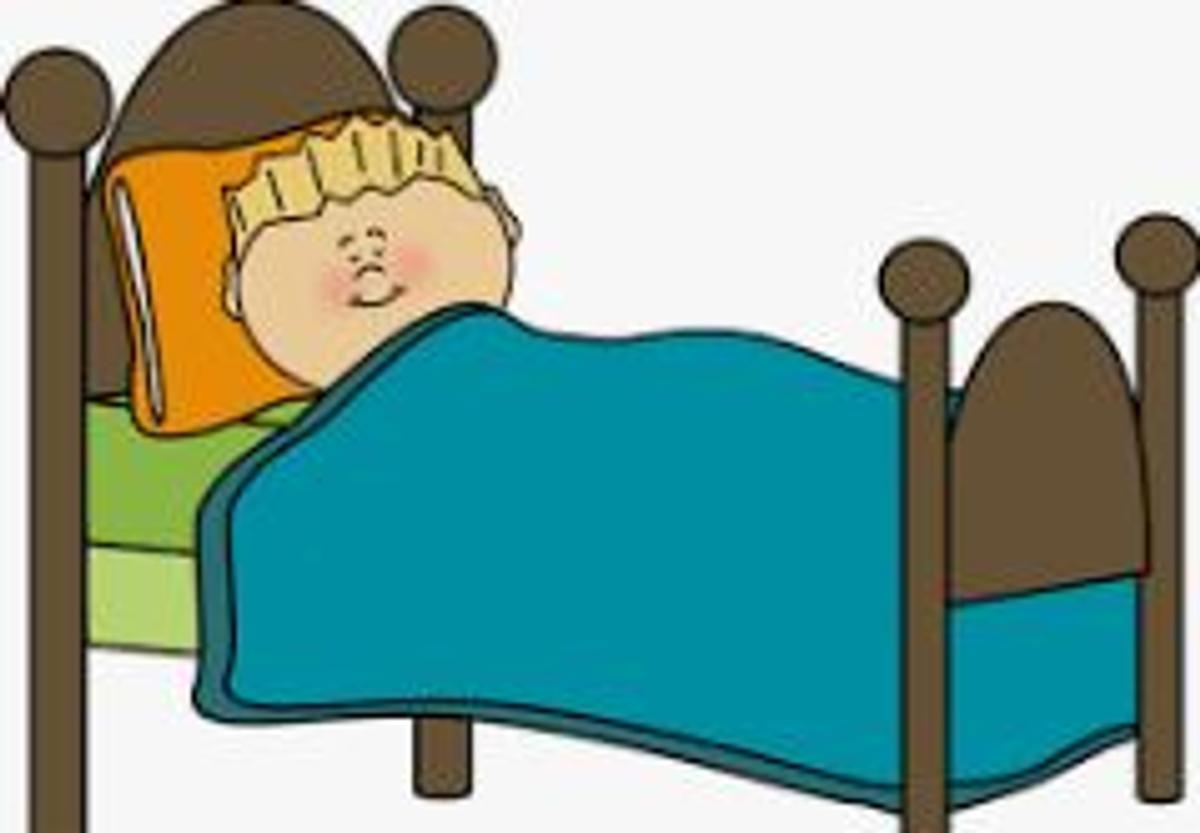Assistant Principal
Katrina Spicer - Wellbeing and Inclusion

Assistant Principal
Katrina Spicer - Wellbeing and Inclusion


SLEEP TIPS FOR CHILDREN
Did you know that school aged children need 9-12 hours of sleep a night? Without enough sleep, children can be cranky, moody, hyperactive and have behaviour problems. They may also have difficulty with learning and paying attention at school. It is vital that parents prioritise a good night's sleep for their children, to ensure children can do their very best socially, emotionally and academically at school.
Establish a regular sleep pattern.
Regular hours of sleep are important. It will help your child understand when it is time to sleep. Also, your child will have better sleep. Bed time should not vary by more than an hour between school and non-school nights. The same goes for the time your child wakes up.
A consistent bedtime routine.
It is good to have the same routine before bed each night. This will help prepare for sleep. Quiet activities are good e.g. reading a book or being read to, or having a bath or shower. In the half hour before bed, there are some things you don't want your child to do. These are more active games, playing outside, TV, internet or mobile phone social networking and computer games.
Make sure the bedroom is comfortable.
The bedroom should be quiet, comfortable and dark. Some children like a night light. This is fine. Make sure your child sees the bedroom as a good place to be. You can help do this by not using it as a place for punishment.
Bed is for sleeping, not entertainment
TV, computers, mobile phones and other things that distract your child are not good for their sleep. Keep them out of the bedroom. 'Needing' the TV or YouTube to go to sleep is a bad habit. This can easily develop, but you don't want it to happen. It's also better if you can check on what your child is watching.
A snack before bed may help.
It's harder to sleep on an empty stomach. A light snack can help. Your child should not have a heavy meal within one to two hours of going to bed.
Caffeine is a stimulant.
Caffeine is found in many popular drinks. These include coffee, tea and cola soft drinks. It can make it harder to get to sleep. Your child should have as little of these as possible, and certainly not after lunchtime.
Exercise and time outside
Daily exercise is an important part of healthy living. It also promotes good sleep. Time spent in bright daylight does the same. Outdoor exercise achieves both things. However, it is best to steer clear of heavy exercise in the hour before sleep.
www.sleephealthfoundation.org.au
Katrina Spicer
Assistant Principal for Wellbeing and Inclusion
katrina.spicer@education.vic.gov.au


By Dr Justin Coulson
Born in the 1970s, I enjoyed a carefree childhood in a lower-to-middle-class suburb. My parents worked long hours, leaving me free to explore the neighbourhood with my best mate, Andy. We rode bikes, played marbles or footy, hung out at the local arcade shop and climbed trees until dark - all this and more from around the age of seven or eight! If you're even close to my age, you probably enjoyed similar freedoms and opportunities. I want the same for my children, but it is increasingly unusual and unattainable for many.
Questions about safety abound. Children have ever-increasing academic loads. Schedules for both children and their parents are busier than ever. Extra-curricular activities are more popular than ever. Screens have proliferated. And downtime is harder to find than ever before.
What has happened to our children's childhoods?
Play - The Work of Childhood
Play is integral to building successful, resilient children and its importance starts in infancy. For infants, play involves touch, sounds, peek-a-boo and interactive floor time. By preschool age, children delight in messy play with water, sand and crafts, and their physical activity and social interactions increase. Early primary school children still enjoy creative play but begin to focus on games with rules and outdoor activities, emphasising social interaction.
The Benefits of Unstructured Play
Play fosters essential skills, including setting boundaries, understanding social norms, negotiating, and creativity. Unstructured play before age 10 is particularly beneficial.
Rough-and-tumble play with parents is especially fun and educational in terms of teaching limits, communication and physical coordination. The best part about these play activities is that they are easy, healthy, educational and low cost. Ultimately, play is the work of childhood, laying the foundation for resilient lives.
Are We Doing Too Much?
Helping children enjoy childhood includes managing extracurricular activities. The rise in sports and other pursuits at younger ages has sparked debate about whether kids are overscheduled. Critics argue that excessive activities may rob children of their childhood, creating unnecessary stress and competition among parents.
Free play and unstructured time are crucial for children's wellbeing, allowing them to explore, be curious and develop creativity. However, structured activities can also provide safety and development in a modern, less child-friendly world. These activities help manage screen time, offer developmental benefits and give parents peace of mind.
How to Find the Right Balance
Finding the right balance between structured activities and free play is challenging. There is a line that balances the competing demands of structure, growth and enrichment with stress, financial costs and protecting childhood. The problem is that none of us really knows where that line is until we've crossed it. It's different for each child and it changes as they mature and develop.
Questions to Ask Yourself
Rather than me telling you where to draw that line, here are some questions to ask yourself to get the balance right for your children.
Letting Children Just Be
Childhood is shrinking. Those years of carefree innocence are being crowded out. Yet play, curiosity, slow and agenda-free development, and the chance to pursue interests that align with personal strengths are some of the most important gifts we can give a child to truly experience childhood. They get to make their own decisions, write their own rules and have their own experiences. There's a strong connection between feeling in control of our lives and being happy. When our children see us, they do not need to be burdened with more work and study. They need us to fall on the floor, tickly, wrestle and laugh. They need opportunities to learn and create; to sit quietly on the grass under a tree and stare at clouds; to experience the simplicity of children; and to simply be.


Our school subscription to Happy Families allows access to the Happy Families website to all members of our school community.
Families can access the Happy Families website at: https://schools.happyfamilies.com.au
Password: happywhps